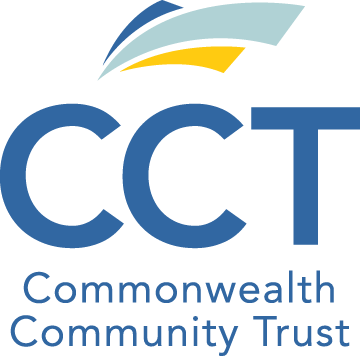Why Special Needs Planners and Elder Law Attorneys Need to Understand Medicare Set-Aside (MSA) NOW
By Joanne Marcus, MSW, President and CEO of CCT
Medicare Set-Asides (MSAs) are not just an issue for workers’ compensation attorneys anymore. Earlier this year, the Centers for Medicare and Medicaid Services (CMS) released transmittals , stating that beginning on October 1, 2017, Medicare Administrative Contractors (MACs) must deny payment for items and services that should instead be paid from an MSA. If you do any work with personal injury (PI) attorneys and their clients, be prepared to explain the role that MSAs play in PI settlements and to advise clients when planning for their future Medicare expenses and eligibility for means-tested government benefits.
Historically Speaking
Until recently, most PI attorneys did not consider the Medicare Secondary Payer Act (MSPA) ( 42 U.S.C. 1395y and 42 C.F.R. 411:20, et.al.) beyond the lien that CMS asserts against the settlement for reimbursement for medical claims related to the injury. Under the MSPA, Medicare can (and does) assert a lien against settlement proceeds arising from personal injuries that generated claims paid by Medicare. Medicare is further prohibited from paying claims related to an injury when payment has been made or can reasonably be made under an alternate plan such as an automobile or liability insurance policy, workers’ compensation plan or no-fault insurance. CMS has not been enforcing this in liability cases. Simply stated, when there is a primary payer, Medicare will not be responsible for the medical expenses associated with an injury. The setting aside of funds received in a settlement for the purpose of funding future medical expenses associated with the injury is an MSA.
The Writing Is on the Wall
Beyond the initial lien resolved at settlement, CMS has no procedure in liability cases for tracking the payment of future medical expenses related to the injury. In contrast, CMS has regulations for workers’ compensation cases requiring MSAs and stipulating the methodology for creating and funding MSAs used to pay for the future medical expenses from the injury. While CMS has not released a transmittal mandating Liability Medicare Set-Asides (LMSAs) or creating the formal process for creating them, it is preparing the MACs for coding changes and to deny claims when MSAs do exist. Why? Most MSA experts predict, given this change in infrastructure, that LMSAs will be the reality for PI cases within the next few years.
If, or when, this becomes the case, CMS will require the Medicare claimant in liability cases to create and fund an LMSA to cover future expenses related to the injury. As in workers’ compensation cases, an MSA will be recommended when the plaintiff is on Medicare, or is predicted to begin Medicare coverage within 30 months of the settlement, and will have ongoing medical expenses related to the injury that would otherwise be covered by Medicare.
Is Self-Administration an Option?
Clients may ask if they can self-administer their MSA. While the answer is yes, the recordkeeping and accounting can be complex. The account must be funded either with a lump sum from the settlement or with seed money and subsequent settlement annuity payments. The account must be an entirely separate interest-bearing checking or savings account with no non-MSA funds comingled. Interest earned must also be used for medical expenses related to the injury suffered that would otherwise be covered by Medicare.
Meticulous records of the distributions and expenditures must be maintained. For liability MSAs, accounting is required when the account balance reaches zero. (Workers’ compensation cases have annual reporting requirements.) Medicare will use this report to confirm that all MSA funds have been exhausted and spent properly before the client can start to submit bills to Medicare. CMS has recovery rights when it has paid where it should not have and can levy damages and suspend Medicare benefits until the funds are paid back.
Dual Eligibility
Probably more important to the elder law attorney is the fact that the MSA is a “countable” resource for Medicaid and SSI eligibility, notwithstanding the decision in Williford v. North Carolina Department of Health and Human Services , 2016 N.C. App. LEXIS 1163 (November 15, 2016), which should not be relied on for precedent. So, even if self-administration were a viable option for your client, the MSA itself would disqualify the client for means-tested benefits, which puts dual eligible clients in a tight spot if they want to preserve both Medicare and Medicaid. The solution is to nest the MSA within a pooled special needs trust (PSNT), pursuant to 42 U.S.C. 1396p(d)(4)(C). The first step will be to transfer all of the settlement proceeds to the PSNT so they will not be resources for qualification purposes for Medicaid and SSI. With the advice of MSA experts, the trust administrator then creates an MSA and funds it with assets from the PSNT. A third-party administrator is used to manage the MSA payments and record-keeping while the trust administrator manages the disbursement requests for the beneficiary’s needs and manages his or her eligibility for public benefits.
Be Ready!
All signs indicate that the CMS is moving closer to requiring MSAs in liability cases. Your clients with special needs who have received a settlement will face bigger obstacles related to maintaining benefit eligibility. The ability to nest a MSA inside a PSNT will help manage the issues and the implementation of these accounts will fall to attorneys in the elder law and special needs communities.




